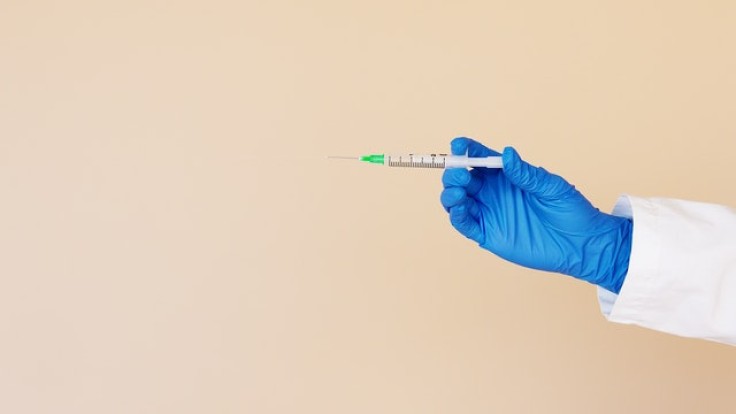
According to a poll conducted from April 12 to 16, 55 percent of American parents are interested in having their children vaccinated. In fact, some Wisconsin parents are looking forward to their children receiving their COVID-19 vaccine after receiving theirs on Friday.
Pfizer's clinical trials in children aged 12 to 15 years old concluded in late March. Shots were both safe and successful. Pfizer's proposal for emergency use is now set to be reviewed by the US Food and Drug Administration in the coming weeks.
Conway said that to eradicate the virus, evidence would have to be provided to all age groups at some point, but that the process should prioritize children's health and safety.
Emily Gilders of Wauwatosa said the data would eventually determine whether or not she will vaccinate her 5-year-old son.
Moderna is currently conducting clinical trials of children aged 12 to 17. Clinical trials at Johnson & Johnson have been halted as the company investigates unusual blood clot findings.
Thousands of parents in the United States volunteered to have their children participate in new Pfizer (PFE.N) trials with BioNTech or Moderna, the first companies to make progress toward creating a healthy COVID-19 vaccine for the country's 48 million children under the age of 12.
Vaccines, according to health authorities, are critical to ending the pandemic. However, several people are worried that some adults' vaccine apprehension will be magnified when it comes to their children.
Researchers leading pediatric trials for Moderna and Pfizer believe the vaccines would be just as safe and successful for children as they have been for adults.
Pfizer's vaccine, which is now available in most states for people aged 16 and up, was found to function well in children aged 12 to 15, and it could be approved for that age group as soon as next month.
Vaccines will be widely accessible to even younger children by early 2022, according to Moderna and Pfizer.
The coronavirus has posed a low risk to children under the age of 12
Despite this, according to data from the American Academy of Pediatrics, 284 children have died from COVID-19 since last May, accounting for around 0.06 percent of all COVID-19 deaths. During that time, 14,500 children were admitted to hospitals in 24 states, accounting for approximately 2%.
According to Dr. Sean O'Leary, a pediatrics professor at the University of Colorado, vaccination will help children prevent hospitalizations, a rare allergic reaction, and long-term symptoms known as long COVID.
Children already receive vaccines for illnesses like hepatitis A, which have similar or lower rates of associated mortality in children.
According to Emmanuel Walter, head of Pfizer's pediatric vaccine trial at Duke University, the fact that these vaccines would have been commonly used in adults before being made available for children can reassure parents.
Other vaccines, such as the chickenpox vaccine, were created specifically for children and administered only to them.
The Pfizer vaccine has been given to over 63 million Americans, while the Moderna vaccine has been given to over 55 million.
Children's trials are more active than those for teenagers because they start with relatively low doses and gradually raise them while watching for side effects.
Waiting for approval rather than a EUA, according to some scientists, will add months to the timeline but allow for the collection of further safety data that could help raise public trust.
The FDA did not respond to a request for comment.